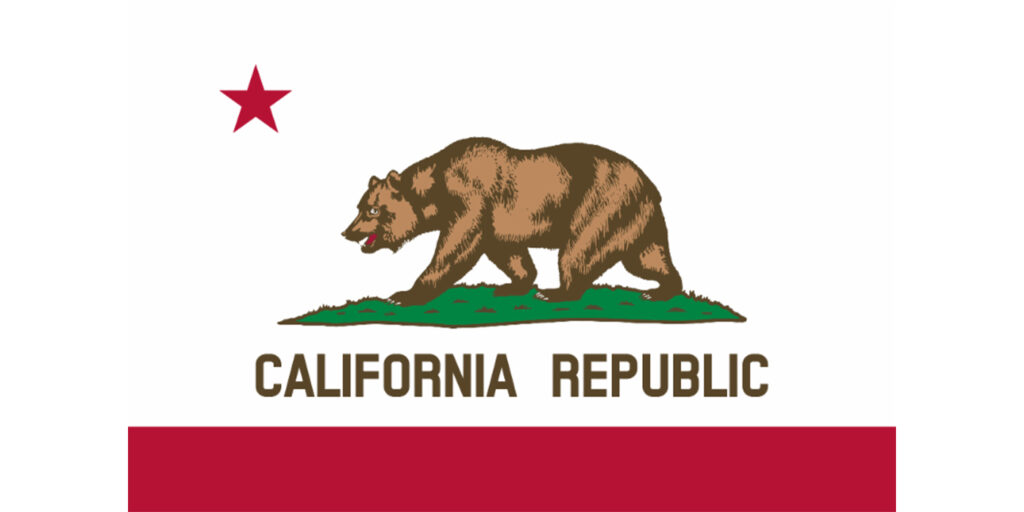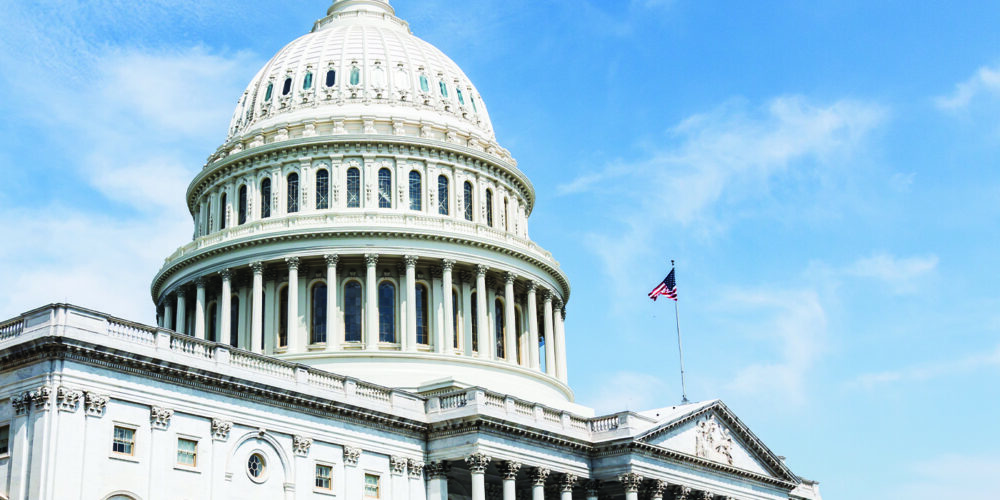CPPA to Review Privacy Practices of Connected Vehicles and Related Technologies
The California Privacy Protection Agency’s (CPPA) Enforcement Division announced a review of data privacy practices by connected vehicle (CV) manufacturers and related CV technologies. These vehicles are embedded with several features including location sharing, web-based entertainment, smartphone integration and cameras. Data privacy considerations are critical because these vehicles often automatically gather consumers’ locations, personal preferences and details about their daily lives.
“Modern vehicles are effectively connected computers on wheels. They’re able to collect a wealth of information via built-in apps, sensors, and cameras, which can monitor people both inside and near the vehicle,” said Ashkan Soltani, CPPA’s executive director.
“Our enforcement division is making inquiries into the connected vehicle space to understand how these companies are complying with California law when they collect and use consumers’ data,” Soltani said.
California has more than 35 million vehicles registered in the state. The sheer number of vehicles makes it an area that affects all Californians who drive, rideshare or even walk near a car equipped with these technologies, the CPPA said.
The agency is conducting this review under the California Consumer Privacy Act (CCPA). First adopted in 2018, the CCPA provides Californians with privacy rights, including the right to know the personal information collected about them by businesses, the right to delete that information and the right to stop its sale or sharing.











